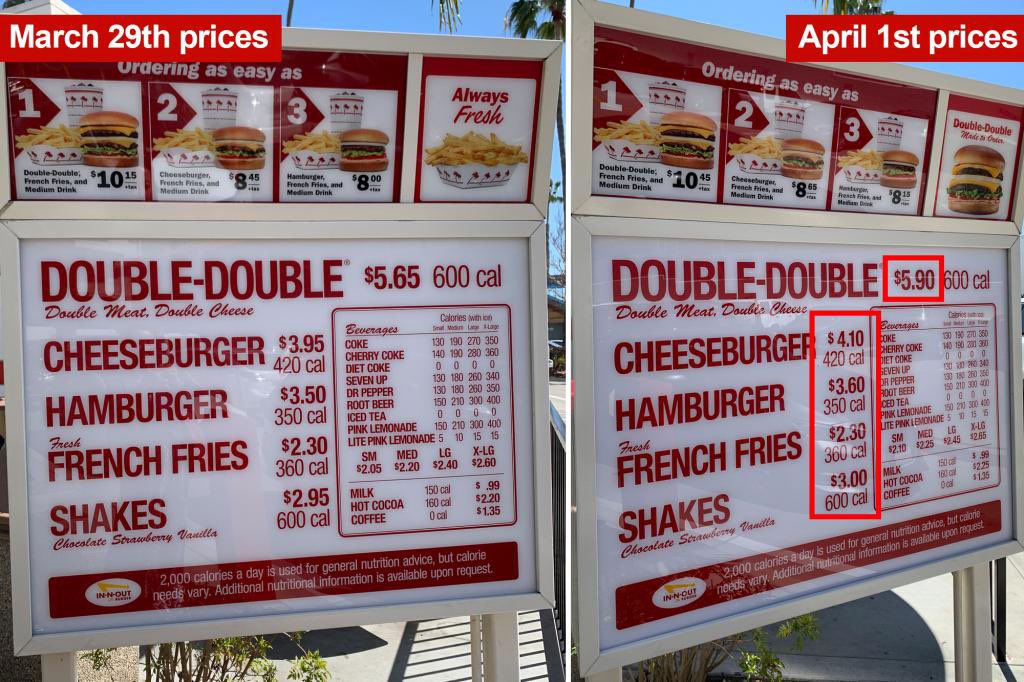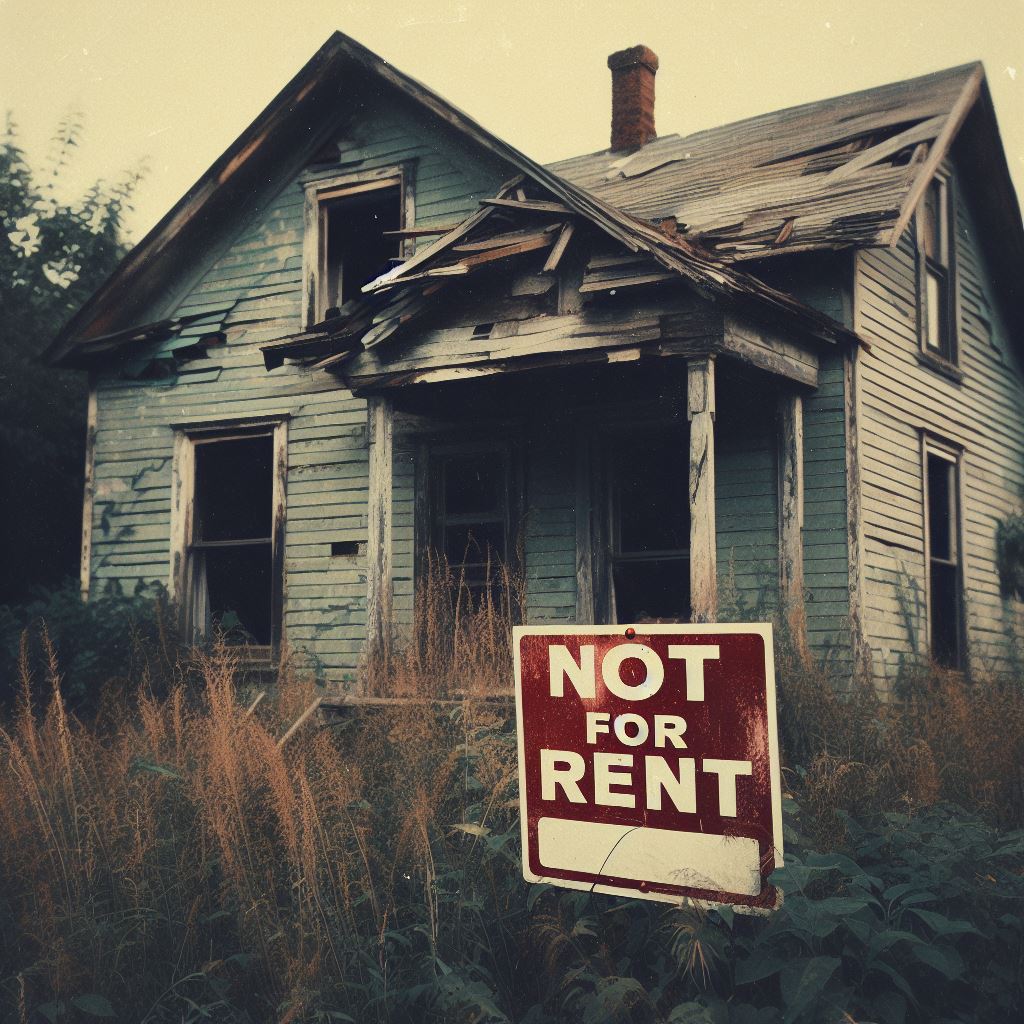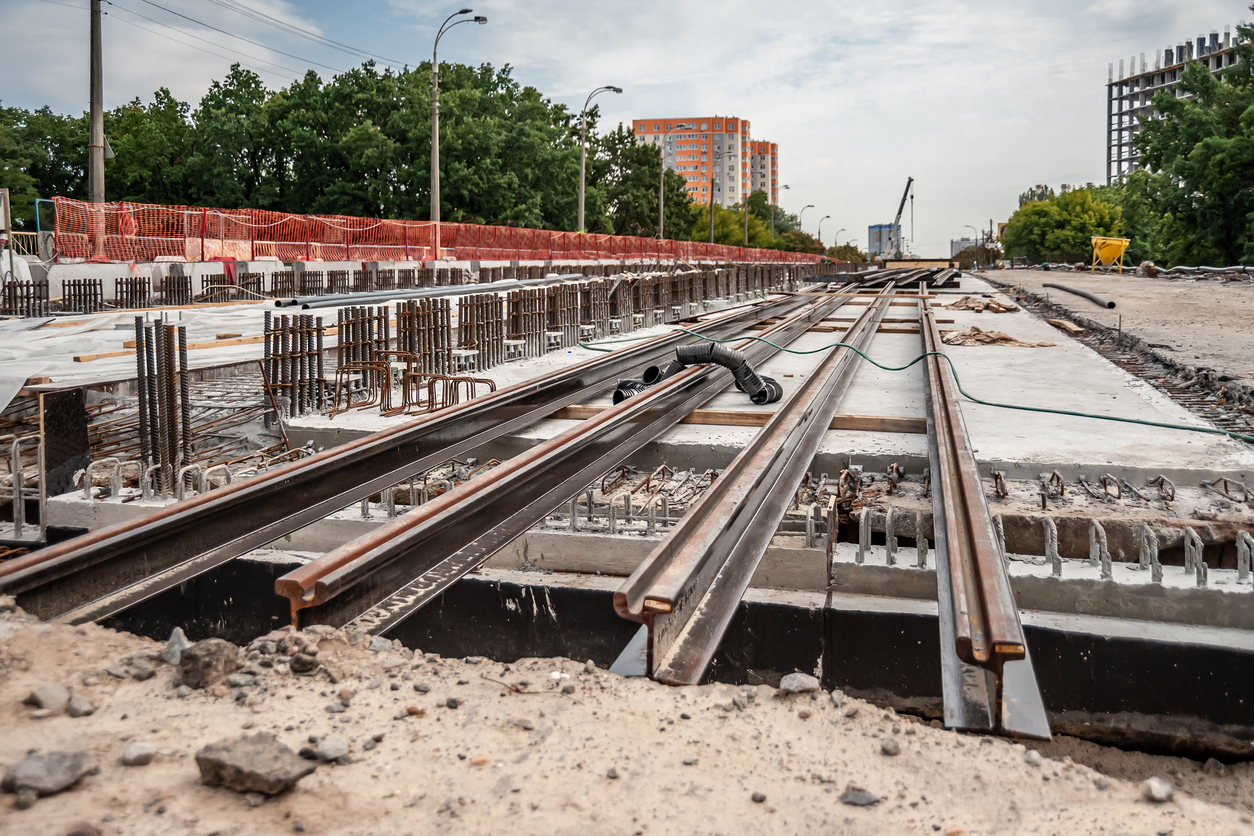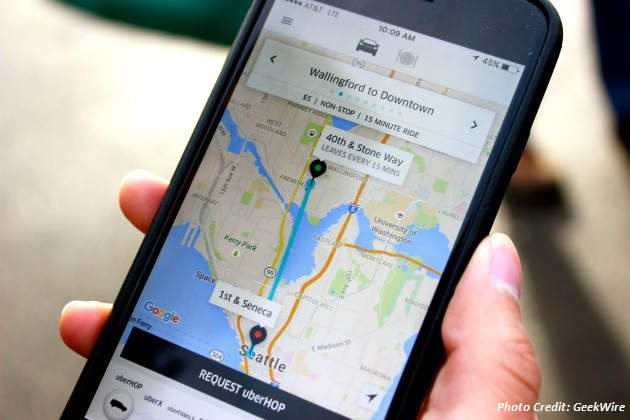HB 2132 would use tolls to increase bond debt and would make traffic congestion worse
Download the full Legislative Memo
Key findings
- Within 36 months, drivers have paid $74.9 million in tolls on Interstate 405, or $49.9 million after operating expenses, which has far exceeded WSDOT officials’ expectations.
- Public officials want to borrow money through long-term bond financing based on future I-405 and SR-167 toll revenue, issuing up to $1.5 billion of general obligation bonds.
- Project costs for the required I-405 corridor improvements are estimated to be $100 million.
- The I-405 toll lanes are failing the speed performance requirement of 45 mph, 90 percent of the time.
- Bonding against toll revenue would create a perverse incentive for WSDOT officials to not expand I-405 to reduce traffic congestion, as this would potentially reduce toll revenue needed to repay the bonds.
Introduction
House Bill 2132 would make radical changes in the way state officials spend the toll money they charge drivers who use restricted lanes of Interstate 405. Officials initially promised they would make the new travel lanes available to the general public. Then they imposed restrictive tolls on the lanes instead. Now, with HB 2132, they want to cancel speed performance standards that protect the public and take on more long-term debt by bonding toll revenue.
This Legislative Memo describes how the bill would weaken performance standards and increase public borrowing. This paper also provides an analysis explaining why this proposal represents bad transportation policy that would erode public trust and likely make traffic congestion worse for travelers on I-405.
Download the full Legislative Memo







